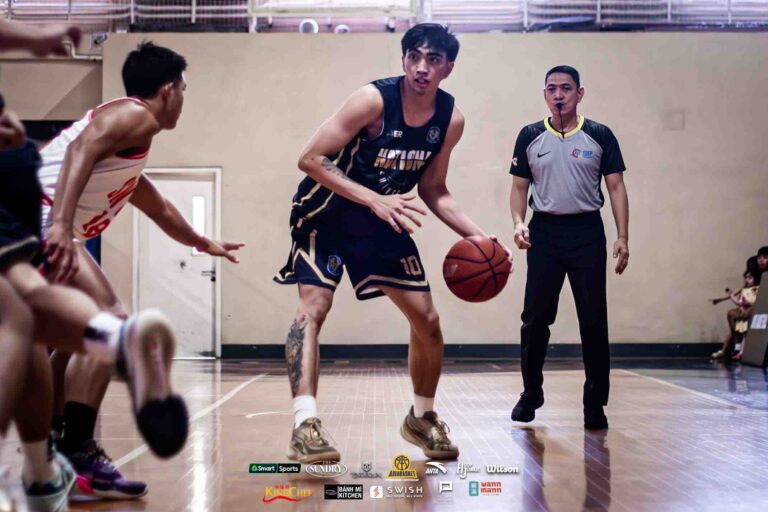Understanding MIL in the Digital Age
Media and Information Literacy (MIL) encompasses the skills that individuals need to figure out the complexities of information and media. This involves critical thinking skills to assess content. This includes understanding its context and making informed decisions based on reliable sources.
Today, we are constantly bombarded with information. They may either benefit or harm us. Hence, MIL is a must. This skill empowers people to combat misinformation. It also promotes inclusivity by bridging the information gaps. This is also allows others to support active citizenship.
The Essence of Human Rights
Human rights are the basic rights and freedoms inherent to all individuals, regardless of background. They are universal, inalienable, and indivisible. In connection to MIL< education plays a key role in promoting human rights. It equips us with the tools to understand, claim, and advocate for our rights and those of others.
Access to information is also a cornerstone of human rights. It allows people to express themselves freely, learn, and participate in public life. MIL enables others to utilize this access effectively.
The Powerful Impact of MIL on Human Rights
MIL fosters empowerment through knowledge and critical thinking, which are essential for exercising other rights. It provides the tools to combat misinformation, to promote an informed citizenry crucial for democratic societies.
Moreover, MIL fosters democratic participation by enabling citizens to engage critically with media content and understand the influences on public opinion. This leads to informed policy engagement and accountability in governance.
Overcoming Challenges to MIL
Challenges exist in recognizing MIL as a right. First of all, the right to education is barely recognized in international human rights. Hence, this is up to several nations to consider this as a right.
However, it could be considered as a right because it is a precursor to equal protection. There needs to advance equality, especially in the advent of the digital divide and the worsening of socio-economic factors that constitute state-sponsored discrimination against this person who lacks access to the necessary resources and opportunities for many.
Moreover, it could also be connected to freedom of information where Censorship and restrictions on information also hinder individuals from developing MIL skills. Hence, it prevents a society where people can exercise their voices in a democratic society.
Addressing these challenges requires effective policies. Governments, educators, and organizations need to collaborate to implement policies that prioritize MIL education. It begins by bridging the digital divide and protecting access to information.
Conclusion
Media and information literacy is far more than a skill. It is a fundamental right vital for empowered citizens and democratic societies. Recognizing and promoting MIL is a collective responsibility. It requires the concerted efforts of individuals, educators, and policymakers.
By embracing MIL, we can create a world where everyone is equipped to critically engage with information, make informed decisions, and contribute meaningfully to society.
This press release has also been published on VRITIMES




